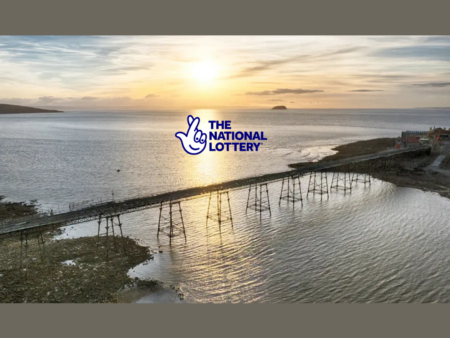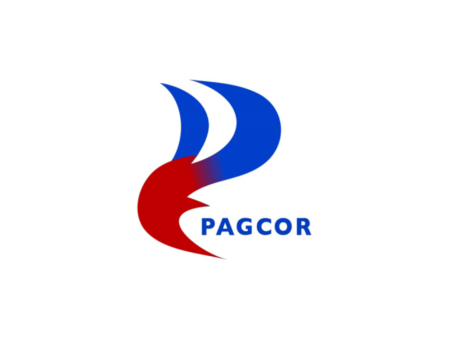In a recent memorandum released by the VAD, an organization renowned for its expertise in areas such as gaming, gambling, alcohol, psychoactive medication, and illegal drugs in Belgium, it is urging a transformation in gambling legislation. A significant push has been made to elevate the legal gambling age as a focal point among its nine outlined priorities. Within the comprehensive 2024 memorandum, the organization specifically targets online gambling, proposing a raise in the age requirement from the existing 18 to 21.
Contrary to the current legal landscape where all brick-and-mortar casinos mandate participants to be 21 or older, online casinos share the same age limit. However, sports betting and lotteries, among other online games of chance, remain accessible to those aged 18 and above.
The VAD underscores sports betting as a potential gateway leading younger individuals toward developing gambling addictions. Drawing attention to the 2022 World Cup, the VAD reveals that over 43,000 new gamblers registered on licensed gambling sites in Belgium, predominantly falling below the age of 30. To curtail the rise of addictive gambling behavior in young adults, the VAD’s call to elevate the age limit for online sports betting to 21 is a strategic move.
In addition to advocating for age-related adjustments, the VAD is urging amendments to healthcare policies to include coverage for addiction in insurance policies.
Belgium has previously implemented several measures to address gambling addiction like a comprehensive ban on gambling advertisements since July 1, 2023. The VAD’s latest memorandum adds a new dimension to these efforts, emphasizing the need for a holistic approach to safeguard the well-being of the younger demographic in the face of evolving gambling landscapes.
This past month, the Belgian Gaming Commission (GC) disclosed the license fees for 2024, ranging from €22,085 ($24,193) to €123. The fees, intended for licensees, highlight the ongoing efforts to regulate the gambling industry and address the societal challenges associated with addictive gambling behavior.

















